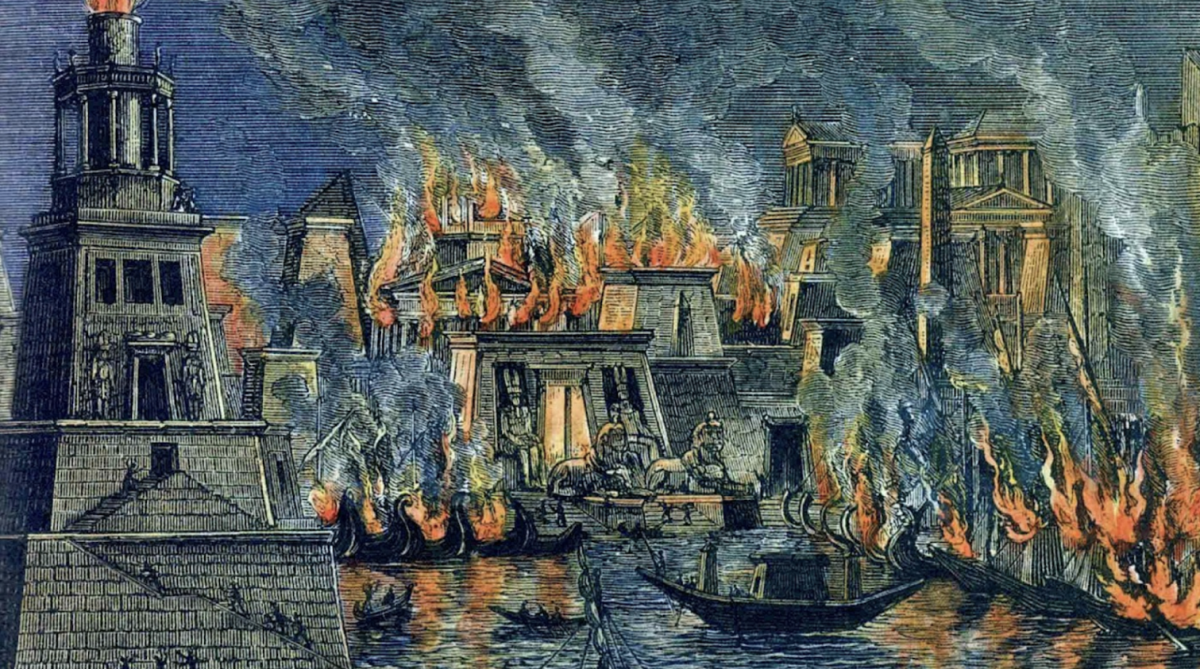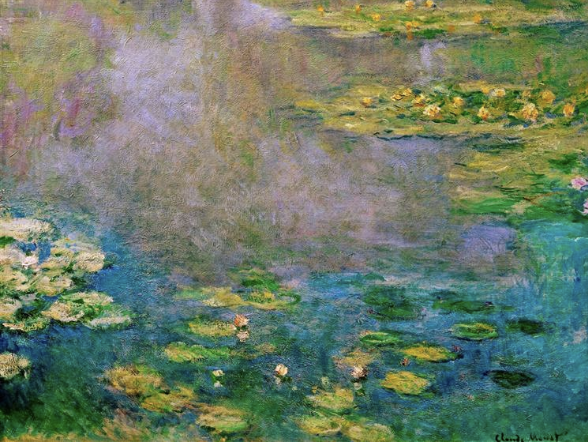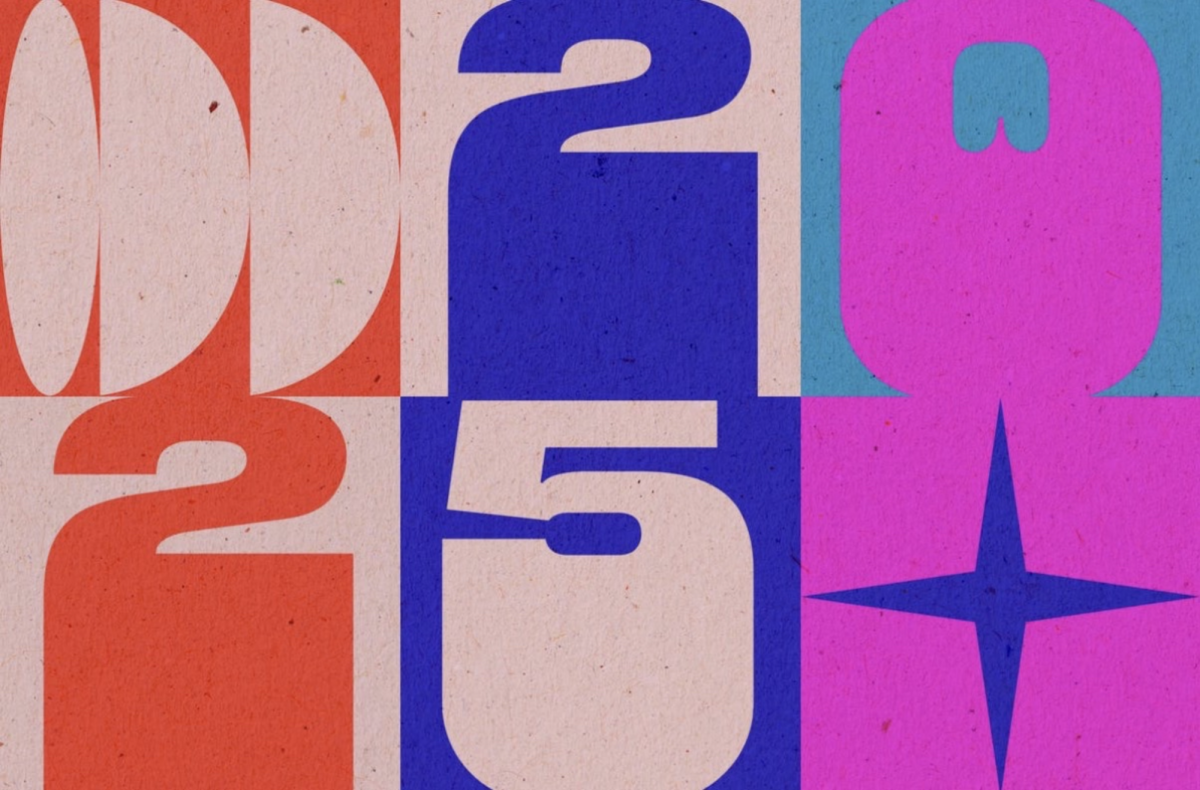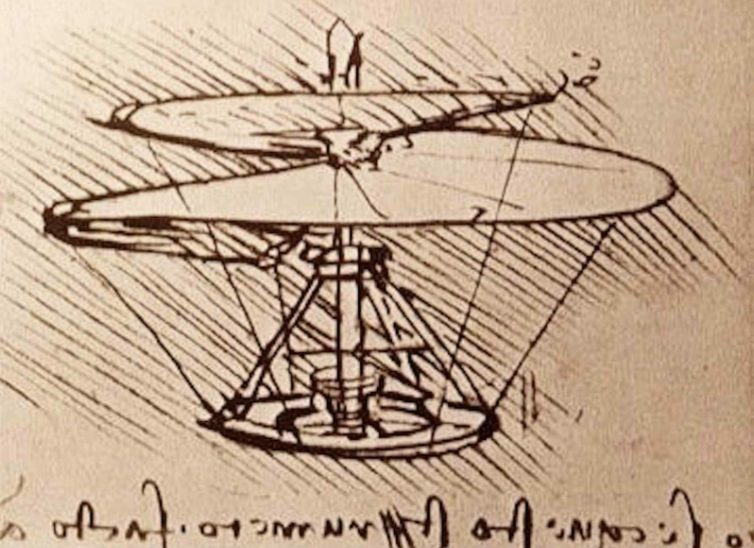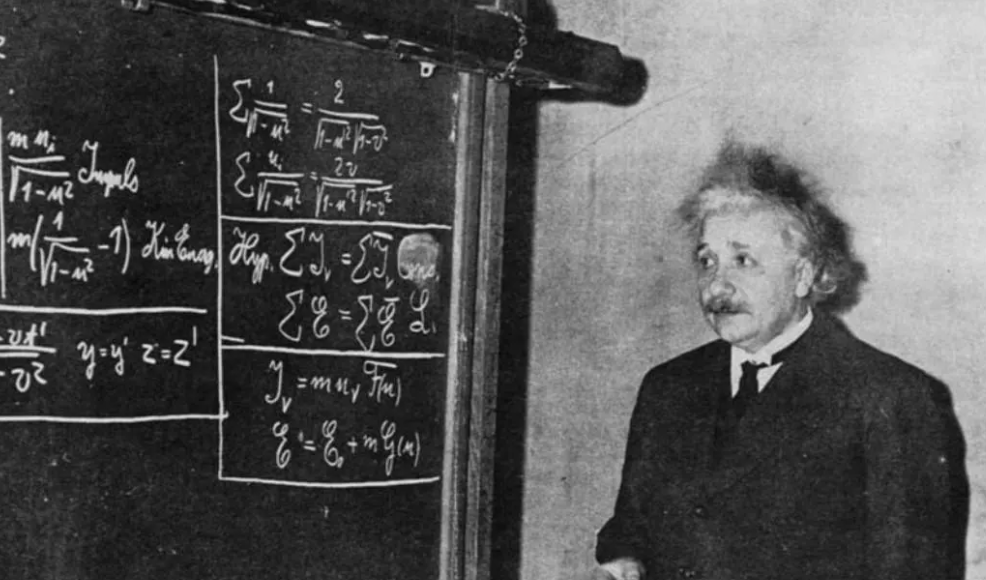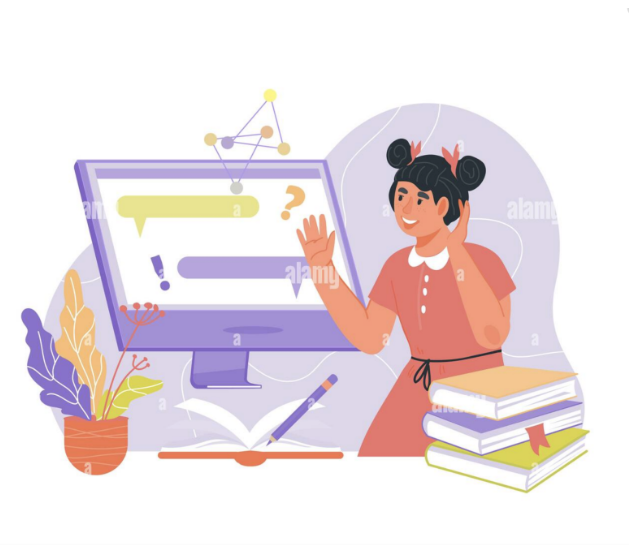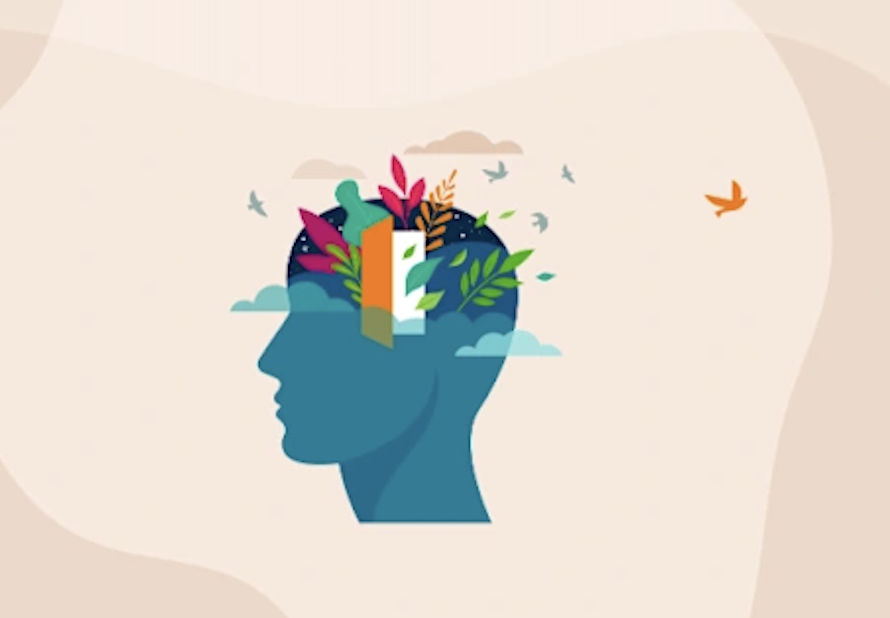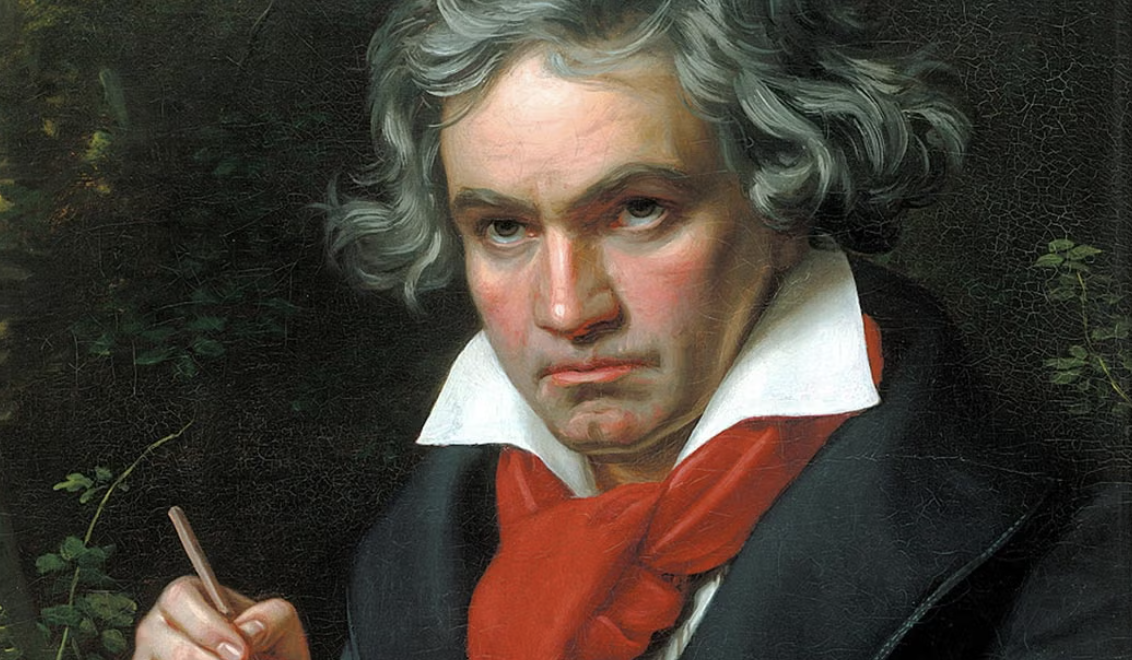Most of us have at least heard of the Library of Alexandria. Part of the greater research institute called the Alexandrian Museum, or the Mouseion, it was the most famous library of the Classical Antiquity (the historical period spanning from the works of ancient Greek author Homer in the 8th century BCE to the decline of the Roman Empire in the 5th century CE ). But what makes it so well-known, even today? The idea of libraries and archives was already familiar to many ancient civilisations at the time, particularly those in Egypt, Mesopotamia, Syria, Asia Minor, and Greece, so why the Library of Alexandria?
Well, for starters, most libraries and archives at the time were based locally, mainly focused on preserving their own culture’s heritage. On the other hand, the Library of Alexandria was built with the intention of making a universal archive, an idea developed by the ancient Greeks who were starting to develop a larger worldview, impressed by the achievements of their neighbours. Alexander the Great’s conquests, spanning from Macedonia to as far east as India, were also very influential. Alexander required his companions, generals, and scholars to report to him in detail on areas previously uncharted, and these reports survived past his death in 323 BCE.
Building the library
After his fall from power in Athens, former politician Demetrius of Phaleron sought refuge in the court of King Ptolemy I Soter and became his advisor. Ptolemy, a former general of Alexander the Great and now in charge of the whole city of Alexandria, wanted the city to be a cultural and intellectual capital. Taking advantage of Demetrius’s extensive and versatile knowledge, he charged him with the task of building the Museum and Library of Alexandria as a universal library.
- In the Letter of Aristeas: “Demetrius…had at his disposal a large budget in order to collect, if possible, all the books in the world;…to the best of his ability, he carried out the king’s objective. (Letters 9–10.)”
The library’s corpus
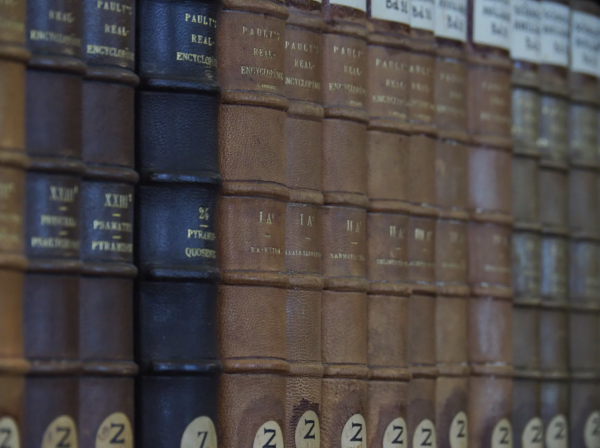
Photo by Rafael Garcin on Unsplash
The exact number of books that were contained in the library’s prime is unknown, but it is clear that the corpus was huge, estimates of the total number of books varying between 200,000 and even 700,000.
Most were items of Greek literature, but also contained:
– a large number of records by Egyptian priests on their past traditions and heritage
– a history of Babylonia by Chelbean priest Berosus
– a book on Zoroastrianism by Hermippus of Alexandria
– Buddhist writings, as a consequence of the exchange of embassies between Ashoka (emperor of India) and Philadelphus (son of Ptolemy I)
– a translation of the Pentateuch (Torah) from Hebrew into Greek
– a translation of the Septuagint (Greek Old Testament)
Its association with the Alexandrian Museum helped it develop into a proper research centre because its members needed reliable sources, and its location close to the harbour and within the royal palace’s grounds placed it under the direct supervision of the kings. The library did anything it could to get its hands on as many books as possible, building most of the collection through the acquisition policy of the early Ptolemaic kings. Book agents set out to buy material from anywhere they could, including private libraries, and ships that docked in Alexandria’s harbour were searched for books. Any books caught were confiscated, copied, with the copies given back to the owners (older material was more valuable because they hadn’t been as copied and had fewer errors – some people even tried to forge older-looking books to gain a higher price!).
The fall of the library
The most controversial part of the library’s story, and perhaps what makes it so famous, is ironically its decline and fall. Many people say that the library’s destruction led to the loss of immense amounts of knowledge, setting humanity’s advancements back thousands of years, but how true is that claim?
The fall of the library is typically blamed on three events:
– The fire started in Alexandria’s harbour by Julius Caesar (48 BCE)
– The destruction by Christian Zealots (391 or 415 CE)
– The burning of the scrolls by Muslim Arab invaders (641 CE)
However, each of these reasons can be easily debunked. Writers still referenced the library after 48 BCE, so Julius Caesar couldn’t have burnt it. There was no mention of the destruction of the library in 361 or 415 CE, so the Christian Zealots cannot be to blame, and there was no mention of the library’s existence by 641 CE, so it has to have fallen before then, so the Muslim Arab invaders had nothing to do with it.
In reality, the fall was much more gradual. The library was already in decline by 48 BCE. In fact, it had already been losing its glamour since the reign of Ptolemy VIII in 145 BCE, who withdrew his financial support after a power struggle with his brother, Ptolemy VI (who was supported by some of the scholars of the library). This ended the generational sponsorship by the Ptolemaic dynasty. Not only that, but he banned foreign scholars from all of Alexandria, and as a result, they probably took whatever they were working on with them and maybe even other works as well, further depleting the library’s collection. What’s more, the title of Head Librarian no longer went to a great scholar, but instead to whatever political colleague pleased the king best.
The buildings themselves were most likely destroyed in 272 CE by Emperor Aurelian in his war with Zenobia or in 297 CE by Emperor Diocletian during his campaign in Alexandria. Despite popular opinion, however, the library didn’t take all its knowledge of the ancient world with it. Not much was actually lost. Whatever was still in the buildings, whether in 272 or 297 CE, had been copied and recopied many times before then, not to mention that much of its material had departed with the foreign scholars during Ptolemy VIII’s reign.
In conclusion, the Library of Alexandria marked a huge achievement in humanity’s history as one of the first attempts to create a universal educational institution, where people of all backgrounds can work together and build off of each other’s efforts and findings to get us much further than any one nation could alone. It reminds us that knowledge depends not only on preservation but on continued support. No matter how much effort is put into creating such a beneficial institution or how grand it is at first, it is just as important to pay attention to political shifts and prevent its neglect for as long as we can. Despite its fall, it continues to fascinate thousands of years later and its legacy inspired many more grand projects, encouraging future generations to dream bigger about what libraries and research centres can be.
Sources and recommended reading:
- El-Abbadi, M. (2019). Library of Alexandria | Description, Facts, & Destruction. In: Encyclopædia Britannica. [online] Available at: https://www.britannica.com/topic/Library-of-Alexandria.
- Costa, D. (2024). Classical antiquity | Dates, Art, Literature, & Map | Britannica. [online] http://www.britannica.com. Available at: https://www.britannica.com/event/Classical-antiquity.
- www.youtube.com. (n.d.). The Real History of the Library of Alexandria. [online] Available at: https://www.youtube.com/watch?v=UQxNxc8rNWI
- Amulya Chandra Sen (2019). Ashoka | Biography, History, Buddhism, & Facts. In: Encyclopædia Britannica. [online] Available at: https://www.britannica.com/biography/Ashoka.
- Heinen, H. (2020). Ptolemy II Philadelphus | Macedonian king of Egypt | Britannica. In: Encyclopædia Britannica. [online] Available at: https://www.britannica.com/biography/Ptolemy-II-Philadelphus.
- King, A. (2018). Making the myth of the Library of Alexandria. [online] Ancient World Magazine. Available at: https://www.ancientworldmagazine.com/articles/making-myth-library-alexandria/.
- Garlinghouse, T. (2022). The rise and fall of the Great Library of Alexandria. [online] livescience.com. Available at: https://www.livescience.com/rise-and-fall-of-the-great-alexandria-library.


